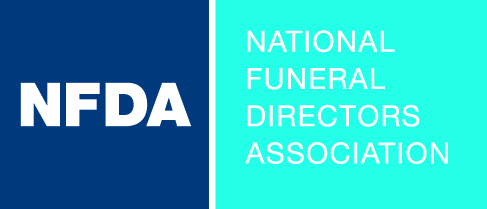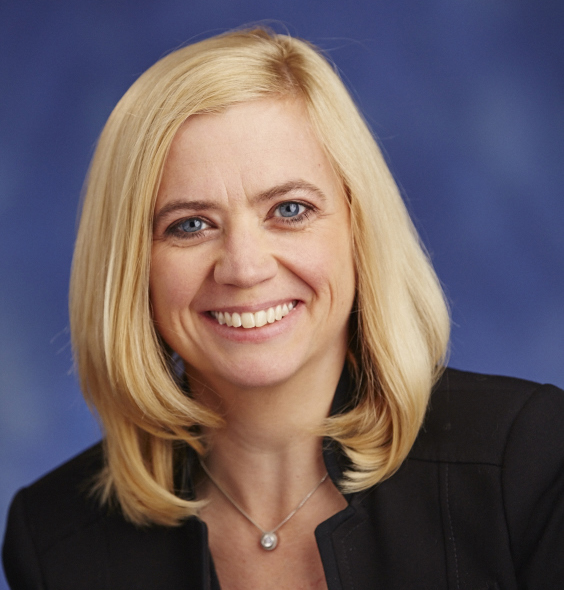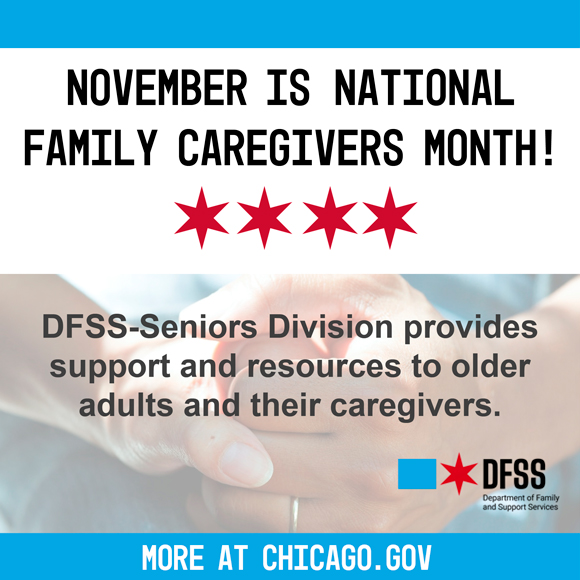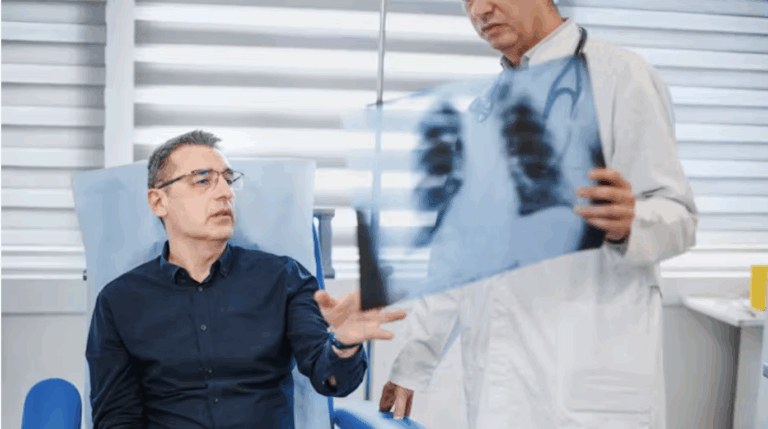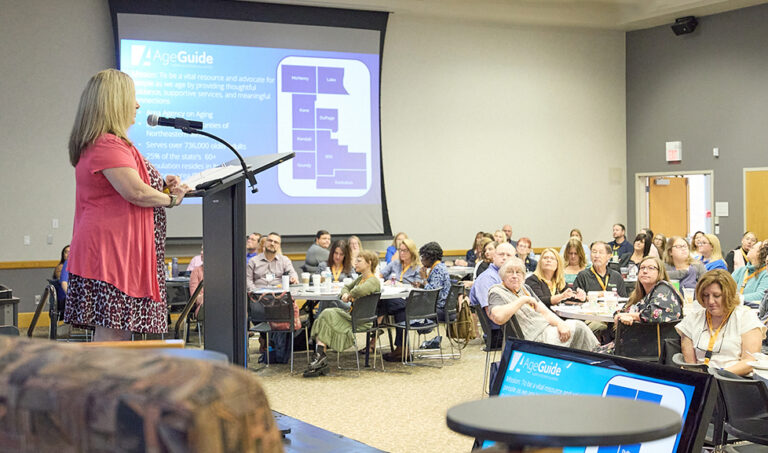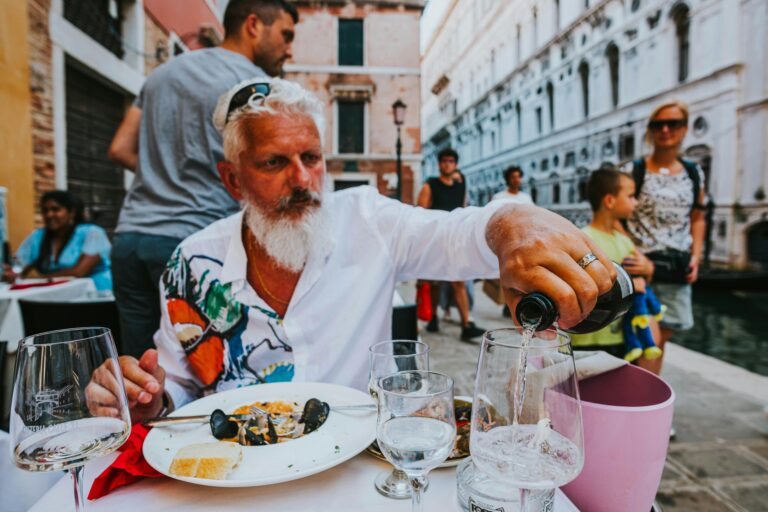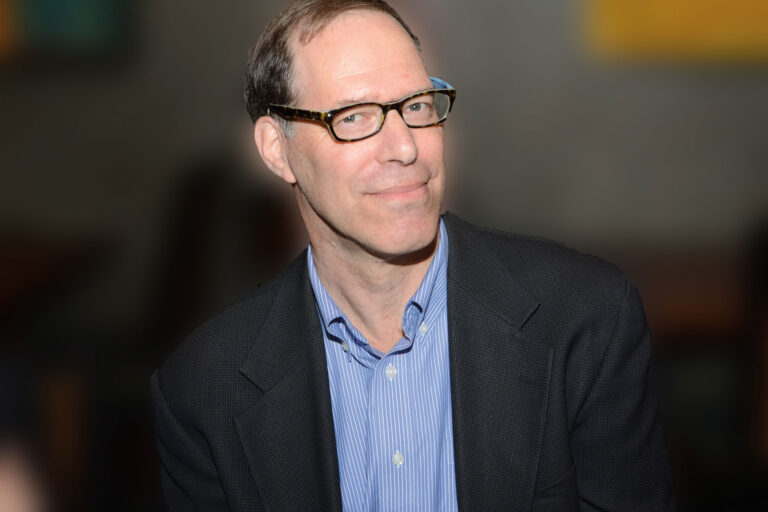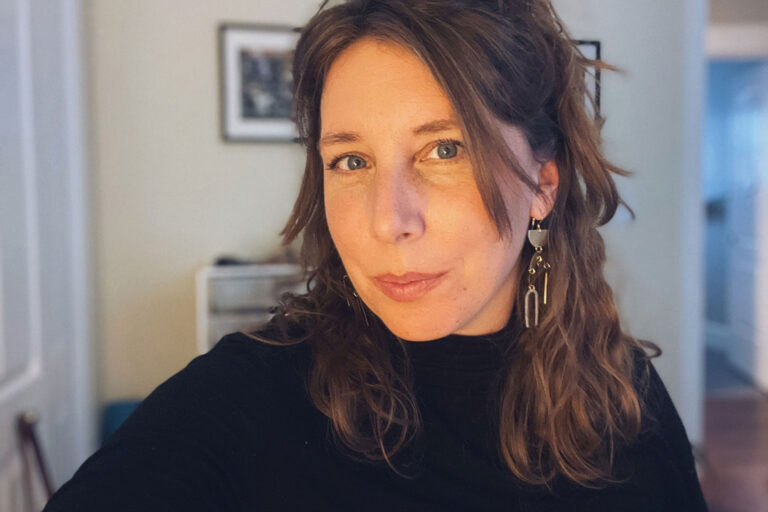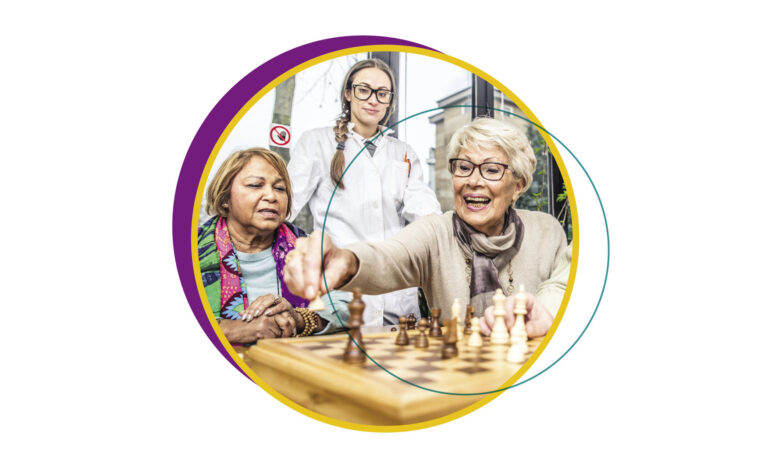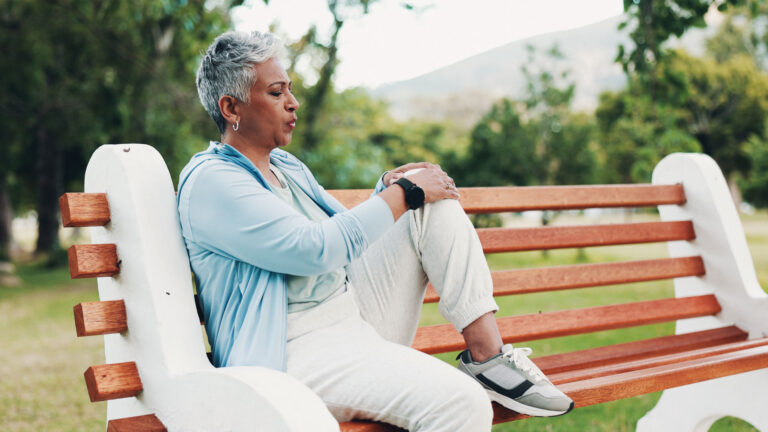How do you want to be remembered? Gail Marquardt of the National Funeral Directors Association shares her perspective after 12 years in the funeral services industry
I’ve been working in funeral service for more than 12 years now. It’s incredibly rewarding work that educates people about the importance of remembering their loved ones after they die. I’m not a funeral director myself, but I support the extraordinary work funeral directors do, and through that, in my own way, I’m able to make a difference in people’s lives as they grieve.
During these 12 years, I’ve talked about death. A lot. I’ve had conversations about the end-of-life, what it means to have a “good death,” and what makes a funeral meaningful. I’ve heard stories about many, many funerals and memorial services. With all that talk about death and funerals, it’s probably not surprising that I’ve thought about my own funeral — and how I hope others will remember me after I die.
First, a little backstory: I used to be the person who would hover at the back of the visitation room at a funeral, desperate to disappear into the drapery and avoid walking up to the casket to view the body. At the time, I thought that if I were to die someday (I was still young enough to be in denial and only speak about it theoretically), I would want to be cremated and my remains scattered somewhere meaningful — though I couldn’t think of a single place meaningful enough. I didn’t want a funeral — whatever that might look like — and I definitely didn’t want anyone looking at my dead body.
Then, something happened. People I loved and was very close to started to die.
It didn’t take long for me to understand the importance of not only holding space for my grief but also taking time to fully honor the extraordinary lives of family and friends when they die. I realized that even those of us who feel our lives were ordinary, actually influenced others in ways we will likely never know. I also understood that sometimes, as heartbreaking as it can be, the best thing a person can do is view the body of someone they love. This enables the person to physically say goodbye but also to accept the death as one of the first steps in their grief journey. I haven’t always had the opportunity to do that, and in some cases, it has adversely affected my ability to move forward in my grief.
Shortly after giving the eulogy for a close friend, I began to think about how I want to be remembered. In my friend’s eulogy, I gave examples of the impact he had on my life and the thoughtful things he did that made me and so many others feel cared for and loved: playing Secret Santa for my family every Christmas, flying in solely to attend my birthday party one year, and riding hundreds of miles on his bike to raise money for causes that improved the lives of others. In my eyes, his life was extraordinary, and I can only hope my words did his life justice.
The experience helped me think about my own mortality and how people will remember me after I die. Yes, I hope people will say I was a supportive parent, a reliable friend, and a hard worker. But what else will they remember about my life? Will anyone talk about my passion for reading and the sheer number of books I collected? Will they talk about my love of photography, and will they know that it fulfilled me in ways nothing else could? Will my trivia team friends laugh, recalling the times when I could confidently answer the questions about the ’80s that no one else knew? Will people think that my volunteer work in suicide prevention made a difference in others’ lives?
If they aren’t aware of these things, I like to think the service my family and friends create will showcase the things that mattered most to me. I envision my trivia team t-shirt and my photographs on display throughout the room, my books spread out on a table for guests to peruse, with a sign encouraging them to take one as a memento and to enjoy it as much as I did. Perhaps donation envelopes for my favorite causes will be available and will encourage guests to make a gift in my memory.
Oh, and I’ve changed my thinking about what I want to happen to my body. Anyone who wants to view my body will have the opportunity to do so — no pressure! I’ve also traded in the idea of cremation for a natural burial, hopefully under a beautiful tree in honor of my happy place, which has always been the woods.
How about you? How do you hope to be remembered? What do you hope your legacy will be, long after you’re gone? And how might your funeral or celebration of life honor that legacy?
It’s a question worthy of consideration and discussion with family and friends. It may seem awkward to bring up, but I find that once the subject is broached, the conversation quickly takes off.
In the work I do for the National Funeral Directors Association, managing their consumer education initiative, Remembering A Life, I have the honor of helping people consider how they want to be remembered themselves and how they can honor the lives of people they love. Death care is a different kind of profession, but despite what you might think, it’s not as depressing as it sounds. Every day, I’m lifted up by the stories of loved ones who have been honored in meaningful ways.
Learn more at RememberingALife.com.
Gail Marquardt, Vice President of Consumer Engagement, National Funeral Directors Association



